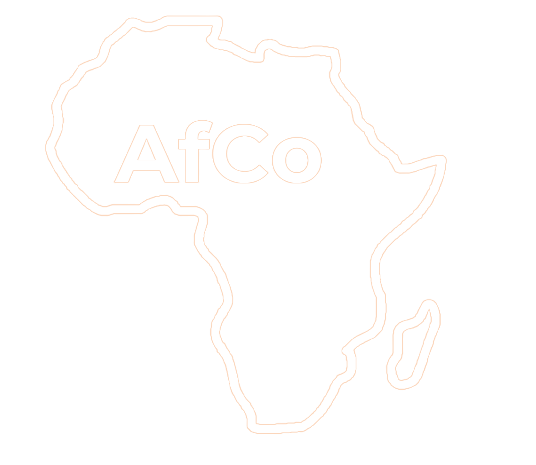Is Community-Based Management of Wildlife Reason to Reconsider the Privatization and Commercialization of Natural Resources? The Case of Hunting Tourism in Sub-Saharan Africa
Since the late 1980s, hunting tourism ? or sport hunting, as it is also known ? has become a tool used by some programs for participative management of wildlife in Sub-Saharan Africa. Although the history of Western hunting seems to point to hunting as being mutually exclusive to conservation through granting of concessions, the major issues of ownership of resources and land are behind these participative models, opting for multi-stakeholder partnerships based on more democratic principles. Despite the undeniable progress that they represent in terms of a particular form of participation by local populations, these programs are still the cause of persistent obstacles to a real local appropriation of direct use rights for the resource and the land. The apparent disengagement of the State from land management and land use planning through the processes of decentralization on which these new models are based, is associated with drives to privatize and commercialize the resources to the benefit of transnational hunting networks. This is just one of the factors that demonstrate local populations’ loss of the ability to influence their own lot, whether that is to conserve biological resources or to improve their living conditions.
